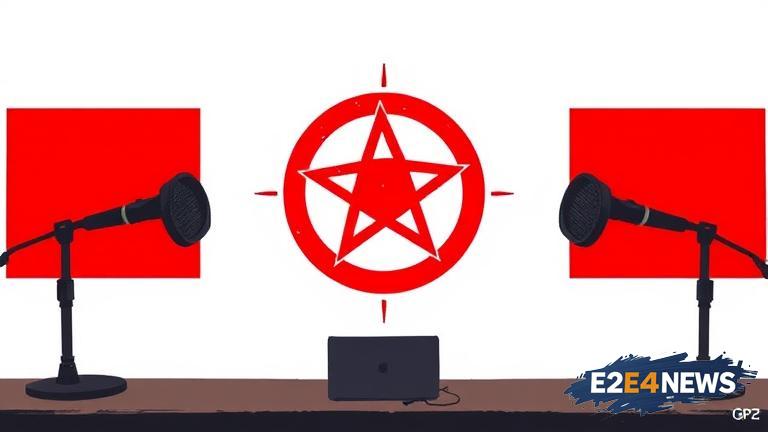A recent controversy has erupted in the Netherlands surrounding a radio show that has made claims of satanic ritual abuse. Despite a thorough investigation by the police, which found no evidence to support the allegations, the radio show has refused to retract their claims. The show’s hosts have been accused of spreading misinformation and perpetuating harmful conspiracy theories. The police investigation, which was launched after several individuals came forward claiming to be victims of satanic ritual abuse, found that there was no credible evidence to support the allegations. The investigation included interviews with alleged victims, as well as a thorough review of available evidence. However, the radio show has continued to push the claims, citing unnamed sources and unverified information. The show’s refusal to retract their claims has sparked widespread criticism, with many accusing the hosts of being irresponsible and reckless. The controversy has also raised questions about the role of media in perpetuating misinformation and the need for greater accountability. The Dutch government has also weighed in on the issue, with several officials expressing concern about the potential harm caused by the spread of misinformation. The radio show’s actions have been condemned by experts and advocacy groups, who argue that the claims of satanic ritual abuse are not only unfounded but also damaging to those who have actually experienced trauma. The show’s hosts have been accused of preying on vulnerable individuals and using their platform to spread harmful and unverified information. The controversy has also sparked a wider debate about the need for greater media literacy and critical thinking. Many have called for greater regulation of media outlets and for more stringent fact-checking measures to be put in place. The radio show’s refusal to retract their claims has also raised questions about the potential consequences of spreading misinformation. The show’s actions have been described as irresponsible and potentially harmful, and many have called for the hosts to be held accountable. The controversy has also highlighted the need for greater support and resources for those who have experienced trauma and abuse. The Dutch government has announced plans to increase funding for support services and to launch a public awareness campaign to raise awareness about the issue. The radio show’s actions have been widely condemned, and many have called for the show to be taken off the air. The controversy has also sparked a wider debate about the role of media in society and the need for greater accountability and regulation. The show’s refusal to retract their claims has been described as a betrayal of the public’s trust, and many have called for greater transparency and accountability in media outlets. The controversy is ongoing, and it remains to be seen what consequences the radio show will face for their actions. The incident has also raised questions about the potential long-term consequences of spreading misinformation and the need for greater education and awareness about the issue. The Dutch government has announced plans to launch a public inquiry into the incident, which will examine the role of media in perpetuating misinformation and the need for greater regulation. The inquiry is expected to be wide-ranging and will include testimony from experts, advocacy groups, and individuals who have been affected by the controversy. The incident has also sparked a wider debate about the need for greater critical thinking and media literacy, and many have called for greater education and awareness about the issue. The controversy has highlighted the need for greater accountability and regulation of media outlets, and many have called for stricter fact-checking measures to be put in place. The incident has also raised questions about the potential consequences of spreading misinformation, and many have called for greater support and resources for those who have experienced trauma and abuse.
